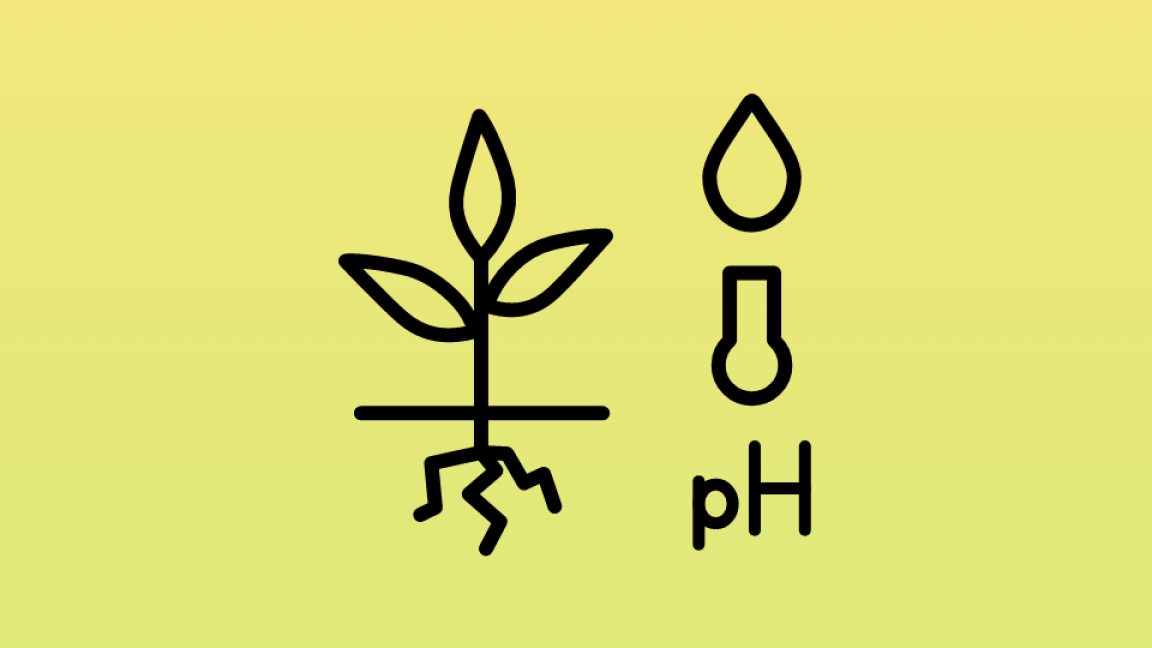Damaged soils and water shortages threaten incomes and food security, especially in countries where people depend largely on agriculture for their livelihood. Sustainable land and water management halts land degradation and leads to better harvests and less poverty.

Land, water and soil management
Lost soils, lost futures: Ten million hectares of arable land is lost annually. We can mitigate this with soil protection and sustainable management.
of all land worldwide is already severely damaged.
further hectares of fertile arable land is lost each year.
people are directly affected by this.
The main causes are:
- Unsustainable agriculture
- Unsuitable land use
- Droughts and heavy rains due to climate change
In arid regions, in particular, desertification creates a vicious cycle: less fertile soil means poorer harvests, reduced incomes and, ultimately, hunger and migration. At the same time, water is becoming scarce. Agriculture already accounts for 70 per cent of freshwater usage, and in developing countries this is as much as 90 per cent. More than 30 countries that primarily mainly depend on agriculture are facing acute water shortages. The world’s growing population is increasing the pressure.
Tackling the crisis together
The international community has pledged to halt further land and water degradation by 2030 and has enshrined this commitment in the UN Sustainable Development Goals. Various international agreements are working to conserve these resources – from the UN Convention to Combat Desertification to water agreements designed to protect transboundary waters. At the UN 2023 Water Conference, a global programme of action was adopted to accelerate implementation of these goals.
Our objective: healthy soil, well-fed people
We can make agriculture more resilient through sustainable land and water management. Healthy soil stores more water and nutrients, thereby increasing yields – particularly for smallholder farms. People can improve their diets and find work, and rural poverty decreases.
Our approach
- Strengthening rights
Sustainable solutions are only effective if people are involved locally. We work to promote secure land and water use rights, particularly for women and disadvantaged groups such as nomadic pastoralists and Indigenous people. - Bringing everyone to the table
Sustainable land and water management requires good planning. We bring farmers and water users together with policy-makers and foster cross-border collaboration. We advise on reforms, assist with funding and support cooperation with international organisations. - Managing resources efficiently
We support local groups and authorities in developing comprehensive water and land management systems that prioritise the efficient and sustainable use of these resources. Sustainable management increases yields – with less or the same amount of water. We also provide support in restoring degraded land and tapping new water sources. - Adapting agriculture to climate change
We work with our partners to develop solutions for the challenges of climate change. We activate local knowledge and use adapted methods for cultivation, irrigation and soil protection. We support the creation of water groups, small farmers’ cooperatives and marketing associations and advise existing initiatives on how they can develop further.